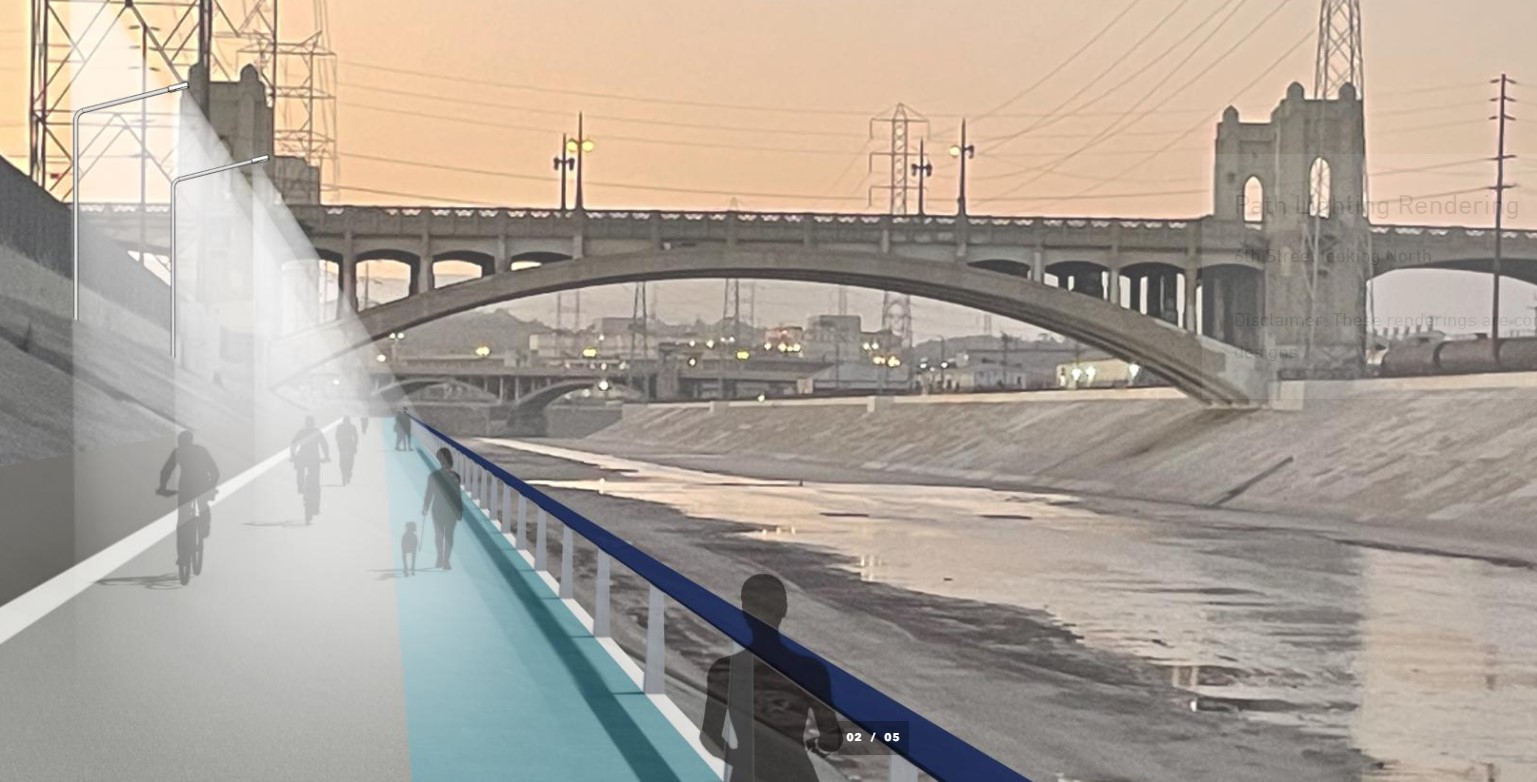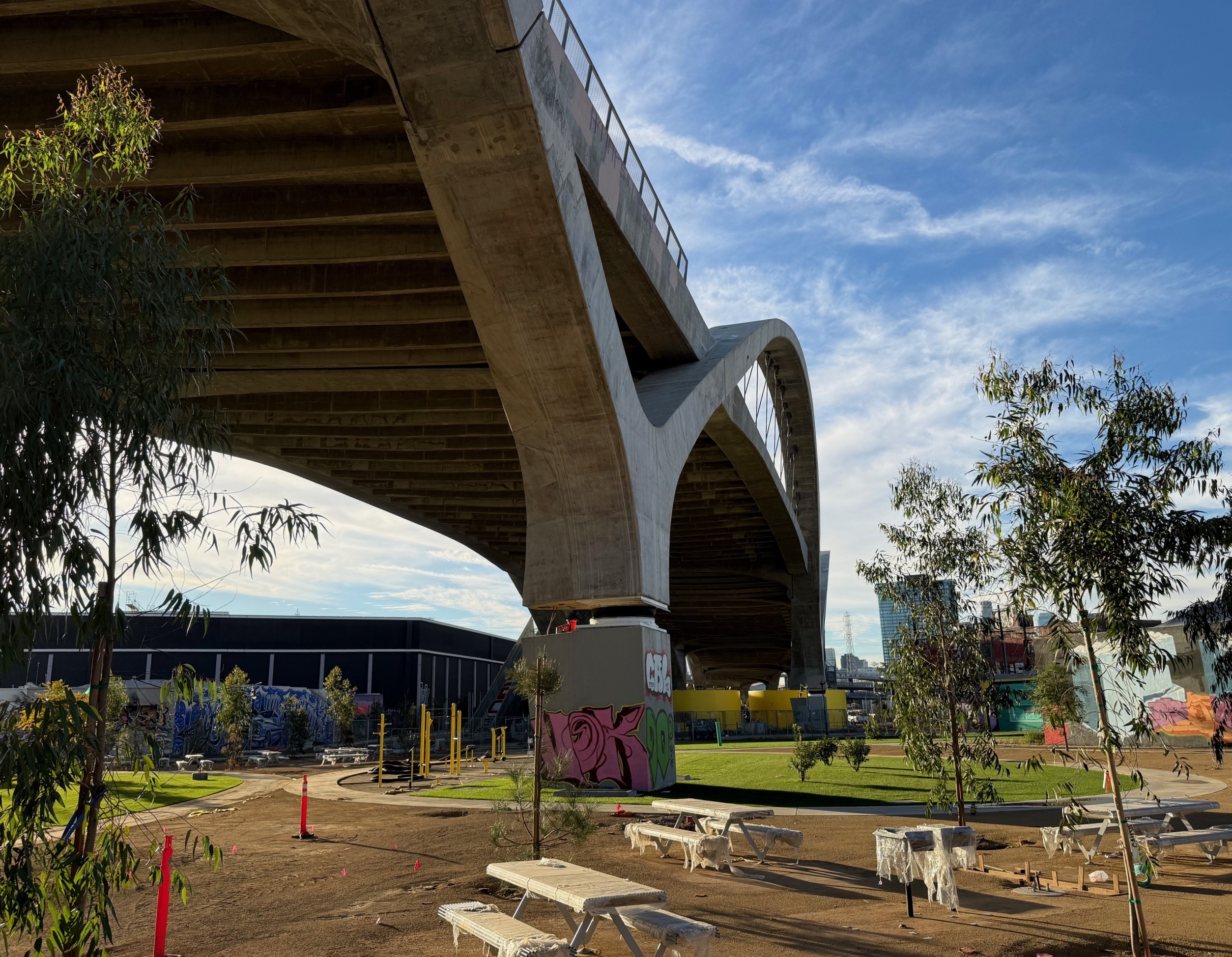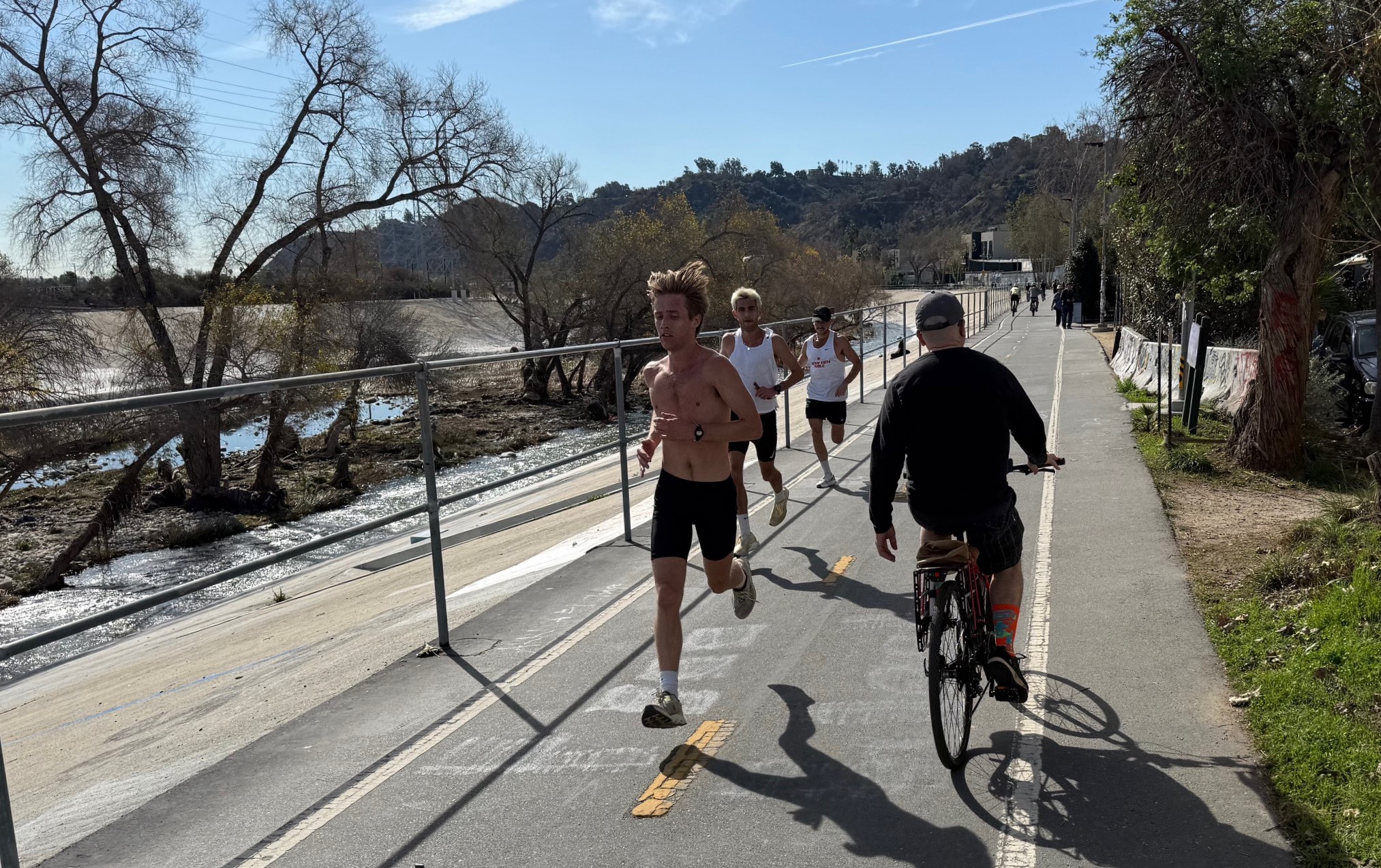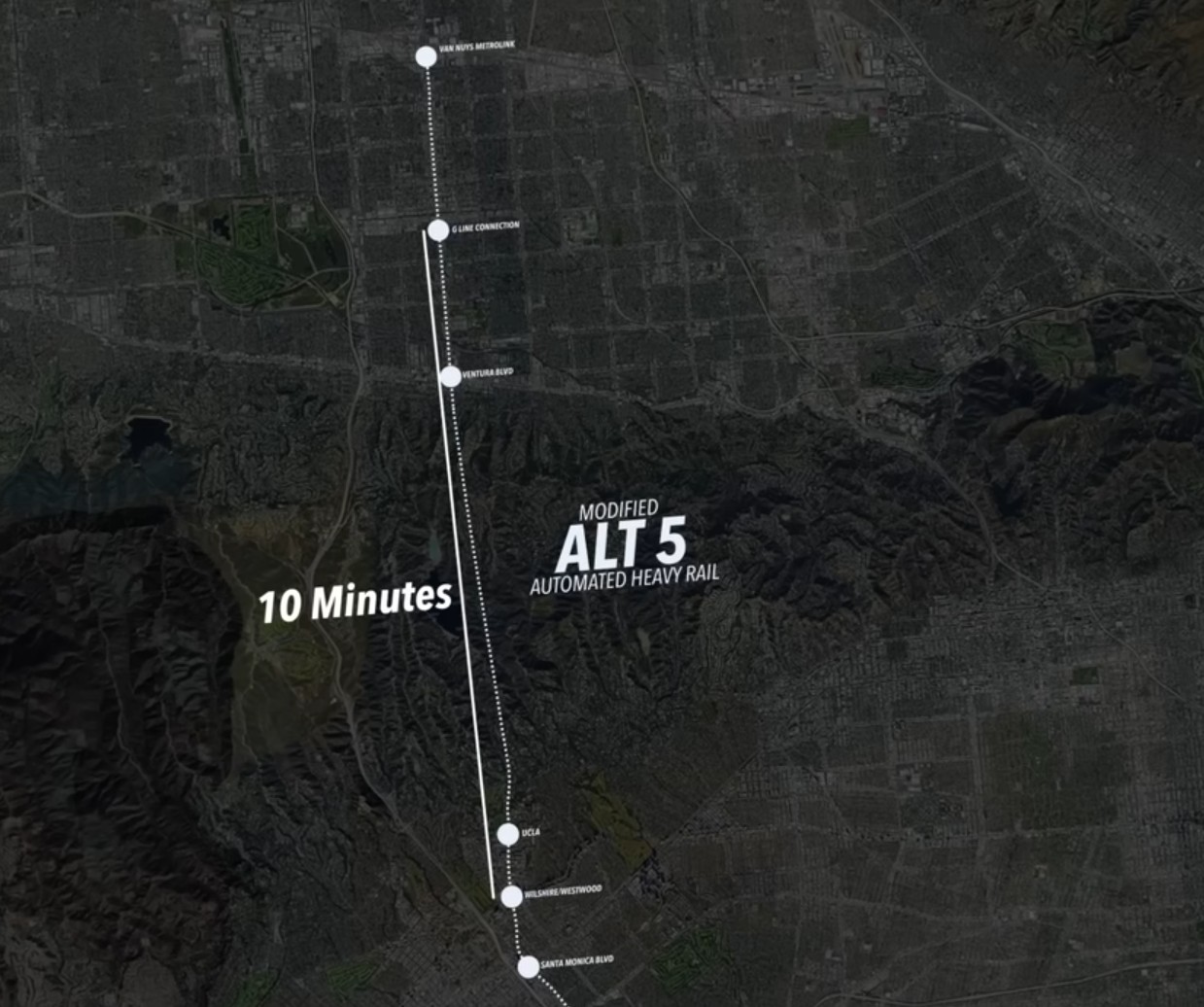 Graph: Ad Age (Source for numbers: US Department of Transportation)
Graph: Ad Age (Source for numbers: US Department of Transportation)(editor's note: this is actually yesterday's ".net story." Today's, a story on e-bikes, can be found here.)
An article published on May 31 in Ad Age
about the decline in driving among young Americans has caught the eye
of many Streetsblog Network members. The piece — which frames this as a
big problem for the automobile industry — posits that the younger
generation increasingly sees a wired lifestyle as incompatible with a
motorized one:
William Draves blames the Internet. Mr. Draves, president of Lern, a
consulting firm which focuses mainly on higher education, and co-author
of "Nine Shift," maintains that the digital age is reshaping the U.S.
and world early in this century, much like the automobile reshaped
American life early in the last century.His theory is that almost everything about digital media and
technology makes cars less desirable or useful and public
transportation a lot more relevant. Texting while driving is dangerous
and increasingly illegal, as is watching mobile TV or working on your
laptop. All, at least under favorable wireless circumstances, work fine
on the train. The Internet and mobile devices also have made
telecommuting increasingly common, displacing both cars and public
transit.
Draves also predicts a trend toward people living near transit hubs, where driving is less essential.
Tom Vanderbilt at How We Drive
adds a note of skepticism, pointing out another factor that might be
contributing to the numbers (which come from the Federal Highway
Administration’s National Household Travel Survey):
[C]onspicuously underplayed [in the Ad Age article] is graduated
drivers licensing programs, which have made driving (solo, at any time)
at age 16 or 17 a thing of the past in many states (with good reason).
Whatever the combination of contributing factors, it’s interesting
to see that the auto and insurance industries are clearly unnerved by
the pattern. (h/t @philipashlock)
More from around the network: The Dead Horse Times on the importance of population projections to planning efforts. Biking in LA on a setback in relations between Los Angeles bicyclists and the LAPD. And the Virginia Bicycling Federation on a victory for lower speed limits.






